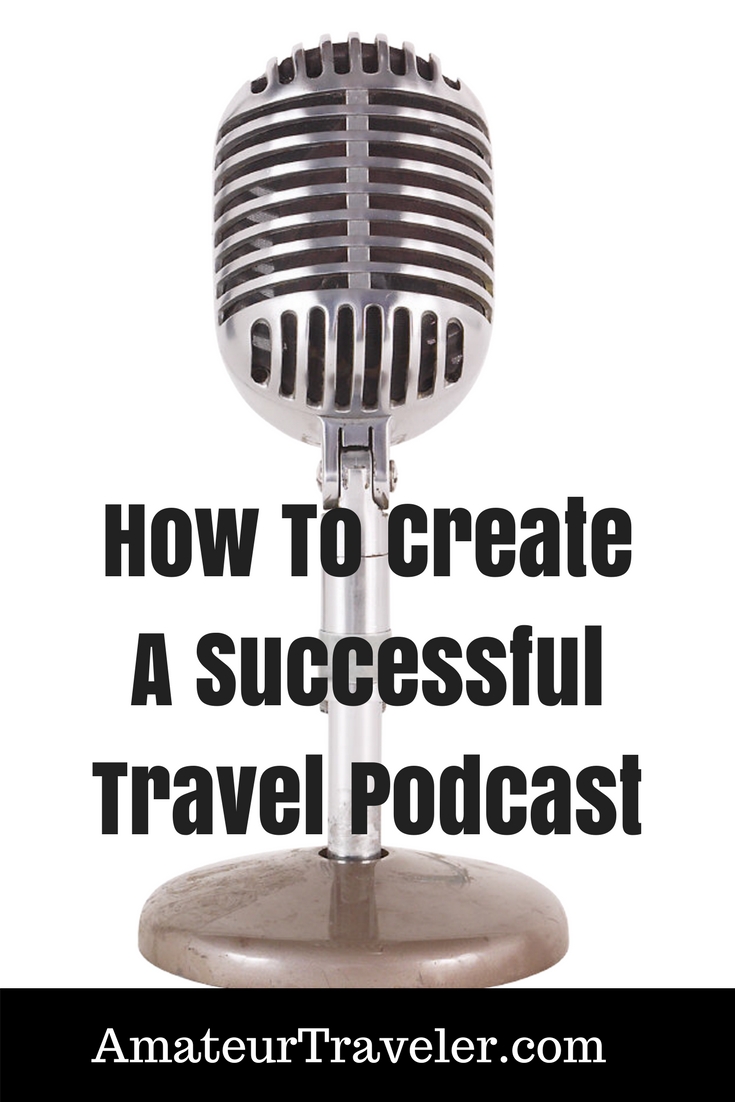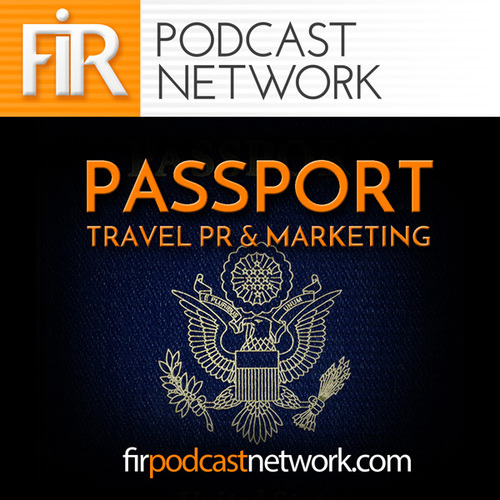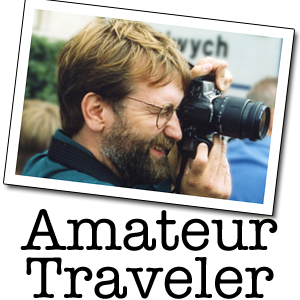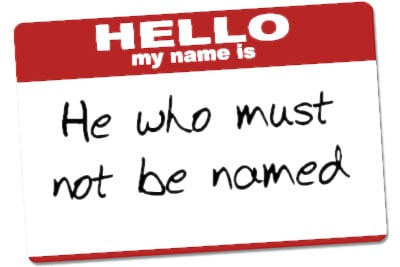I started my first travel podcast, Amateur Traveler, in 2005. In 2017, that show had just shy of 1.9 million downloads which put it roughly in the top 5% of podcasts of all genres. So I have some ideas about how to create a “successful” travel podcast.
1. Start in 2005
We have to admit that some of the success I have had was because I started early. The best time to start a podcast was in 2005 but the second-best time is tomorrow. There definitely was a first-mover advantage but there were some disadvantages starting in 2005.
The biggest disadvantage of starting a podcast in 2005 was that the vast majority of people at that time had no idea what a podcast was. No one was listening. You could try and promote your podcast on social media, but remember, this was the year before Facebook opened its service to non-college students, and the year before twitter even launched. It was 2 years before someone would even have an iPhone where they could listen to a podcast. It was even a few weeks before iTunes had podcasts. Oh, and you often had to code the RSS feed for your podcast by hand.
A lot of companies got into podcasting in 2006 or 2007 and dropped out again because they did not see the traffic they wanted.
2. Or start tomorrow
If you are starting your podcast tomorrow, congratulations, you have a lot going for you. According to Edison research:
- 60% of Americans know what a podcast is
- 40% have listened to a podcast
- 31% of those between 25 and 34 years of age listen to one monthly
3. Pick a niche
People listen to podcasts, but will they listen to yours? You increase the chance obviously by creating a good podcast but you increase it even more by creating something that people want, something that they are already looking for.
Amateur Traveler is one of the broadest travel podcasts out there. I am not sure I would create something quite that broad if I were to start over in 2018. We cover destinations all over the globe, but even we don’t do everything. We focus on experiential travel vs the fly and flop vacation. We don’t, for instance, talk about all-inclusive beach vacations.
Some travel podcasts pick an even more narrow niche:
WDW Radio just talks about Walt Disney World. Seriously, every episode (at least at first) was just about Walt Disney World. The Earth’s surface has about 197,000,000 square miles, this podcast covers 40 square miles. That’s pretty niche, but Lou Mongello has built this into a podcast juggernaut. He has a rabidly loyal audience and makes a living from his podcast and add-on businesses. I can’t personally imagine just talking about WDW every day, but Lou is a fan and he speaks to other fans.
Join us in France just talks about France, one country. It is only useful if you want to go to France. Irish Fireside just talks about Ireland.

Who your audience is can define your niche. There are podcasts bout how to travel with kids. There are podcasts about solo travelers. There are podcasts for seniors and millennials. There are podcasts for families who are tech nomads.
How people travel can define your niche. There are cruise podcasts, road trip podcasts, RV podcasts.
Part of figuring out your podcast is figuring out what you are not covering. Who is not your crowd, your people, your tribe?
Be a little careful that your niche that is not too small. I had a friend who used to do the Gamer Traveler. His podcast was about people who play role-playing games who travel. Half of an episode would talk about what to see in a destination and the other half would talk about how you could use that destination in a D&D campaign or something similar. That’s pretty niche, especially for 2006 when there were not that many people listening to podcasts.
4. Pick a reason
You also have to decide why you are podcasting. Your niche and your reason should align. Do you want to travel more? To where? How? Do you want to have more money? Do you want to support a business you already have?
If you want to spend more time at Walt Disney World (or on Disney cruises or trips) then a podcast about WDW might make sense. But if you want to travel the whole world, don’t start a show just in France.
Picking a niche is going to make it more obvious which sponsors you should work with and also where to find your audience. If you do a cruise podcast you pitch cruise lines and hang out on CruiseCritic.com. If you pick a road trip podcast, maybe you pitch city and state tourism boards, hotel chains and rental car companies. If you do a luxury podcast, then you pitch luxury resorts. If you do a podcast on France, you just pitch cities, regions and tour companies in France.

- Search for Great Tours HERE
- Buy Travel Insurance
- Get a Car Rental
- Book Your Accommodation HERE

I do 3 travel podcasts (4 podcasts total) including Amateur Traveler, This Week in Travel, and the Passport Travel Marketing & PR Podcast. Amateur Traveler was created so that I could travel more. It targets travelers. This Week in Travel was created to raise my (and my co-hosts) visibility in the travel journalism space. It targets travel writers, bloggers, and editors in addition to travelers. I have won awards because of This Week in Travel. Passport was created to raise my visibility in the Travel Marketing & PR space to drive traffic to another business I have (BloggerBridge.com) as well as to Amateur Traveler. I expect a lot fewer listeners to Passport than I do for Amateur Traveler. But it can be successful towards the goals of the podcast with a lot fewer numbers.
5. Pick a schedule
One of the ways you build an audience is by putting out a show on a regular schedule. All else being equal, shows that come out more often can grow more quickly, but you may notice that the Daily Travel Podcast is defunct. Putting out a show that often is hard, really really hard, crazy hard.
I did a guest post on a tech podcast one time and heard from a regular listener of Amateur Traveler that he was very confused when he heard my voice on a Tuesday, because “you are Monday”. What he meant was that he listened to my show on his Monday commute. The show comes out every Saturday. Be reliable with whatever schedule you pick.
6. Pick a format
There is no right length or format for a podcast. As to length, a podcast is like a mini-skirt. It should be short enough to be interesting and long enough to cover everything important.
Amateur Traveler is a heavily edited interview show that comes out in two formats, mp3 and an iTunes enhanced version with pictures and links. It takes about 8 hours per episode. This Week in Travel is a longer show that is a round table 4 person discussion. It is un-edited and only takes maybe 2 hours to make an episode. I also do a religious podcast that is a 10-minute monologue edited show. That show takes less than an hour to create.
Monologue shows are easier to schedule (especially when you travel a lot) than an interview show and much much easier to schedule than a round table show.
But monologue shows are harder to keep interesting. Conversations can be more fun to create as well as more fun to listen to, whether that be regular co-hosts or interviewees. Co-hosts will create more consistent quality for a show. If you interview people be prepared to throw some shows away. Some people can’t tell a story. There are episodes of Amateur Traveler that will never ever see the light of day.
If you do interview people, will you do it live in a hostel room? Will you do it over Skype remotely? Will you carry a portable recorder like Betty in the Sky with a Suitcase?
Will you edit the show? The more people like how they sound the more they will promote the show, but a serious edit of a show where you take out all the ups and ahs can take about an hour per 10 minutes of audio. Do you have that kind of time or that kind of money to pay an editor?
You don’t always have to have the same format for every episode, but people will listen to your show in part because of how your format fits their life.
7. Work together
The best way to build an audience for a podcast is to work with other podcasters. Either to have them on your show or to pitch content for their show. Emailing lists are great, you ought to use Pr and social media, but nothing beats being interesting in the ears of people who already like podcasts and may be looking for another one.
All those other travel podcasters (and other podcasters) out there are your competitors sure, but they are also your best ally. Reach out. One of the most useful things I have done recently is a regular segment on tech in travel for a tech show that is much more popular than my show. Be interesting. Be helpful.
Good luck. Us travel podcasters have to stick together.
originally published at RoosterGNN.com
+Chris Christensen | @chris2x | facebook
3 Responses to “How To Create A Successful Travel Podcast”
Leave a Reply
Tags: article, podcasting



 Creating your Own Podcast
Creating your Own Podcast Amateur Traveler Podcast wins Lowell Thomas Travel Journalism Award
Amateur Traveler Podcast wins Lowell Thomas Travel Journalism Award Preparing for a Conference as a Travel Blogger
Preparing for a Conference as a Travel Blogger

Talek Nantes
Says:March 20th, 2018 at 5:59 am
Hello:
First off, thank you for your contributions to my collab posts. And thanks for such an interesting blog.
This was a very interesting article on podcasts. I’ve been wondering about this topic for some time. Can you tell me where I can get information on the technical aspects of podcasts? I would like to start one but don’t know where to start.
Thank you,
Talek
chris2x
Says:March 20th, 2018 at 6:02 am
There are some free tutorials. I know that Pat from Smart Passive Income has one.
Johanna
Says:April 29th, 2024 at 2:05 pm
Hi CHris,
Interesting article and helpful for me as a podcaster, thank you. I started hanna_worldwide&friends last year and interview people who have been living in a new country (immigrants, expats) or have had an overseas experience. I would be super appreciative if you could maybe even give me some feedback :).
Thanks,
Johanna